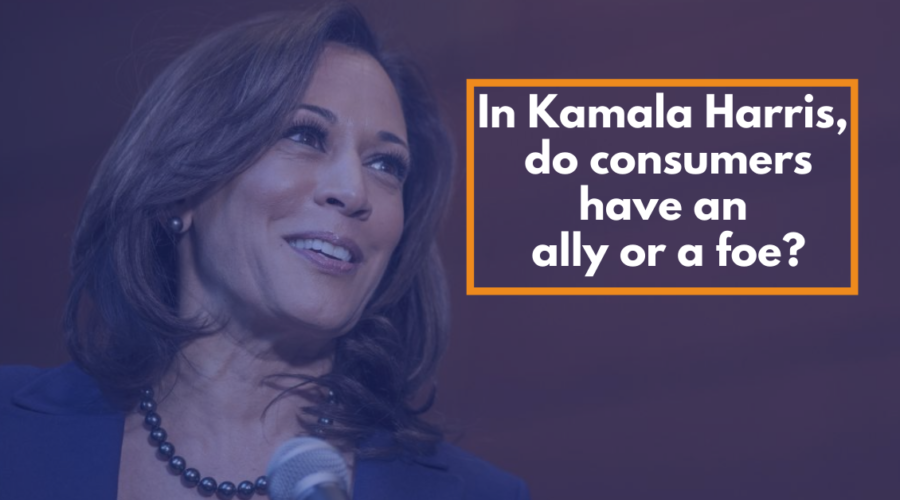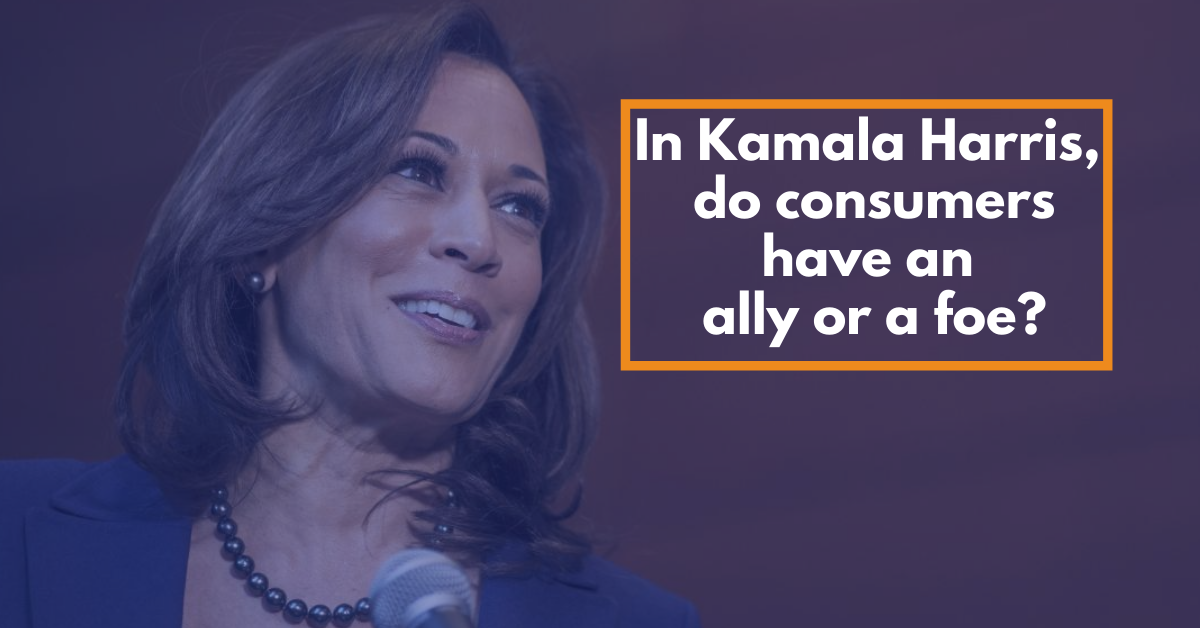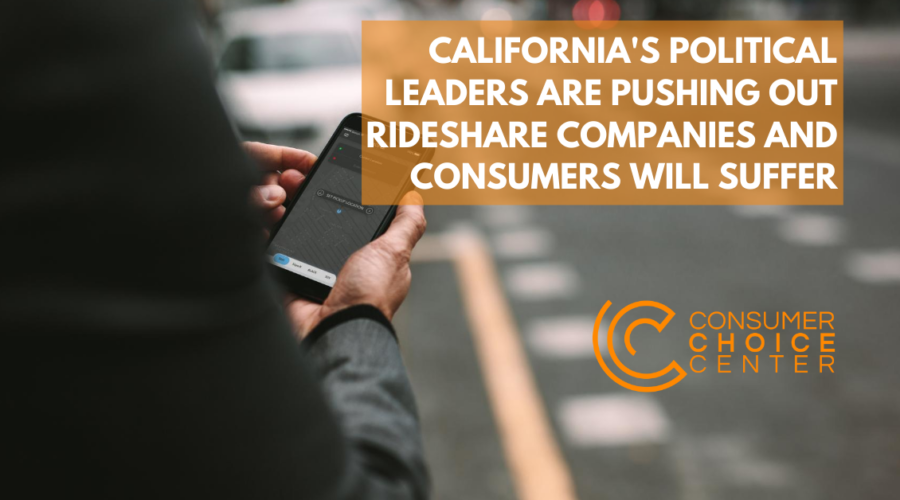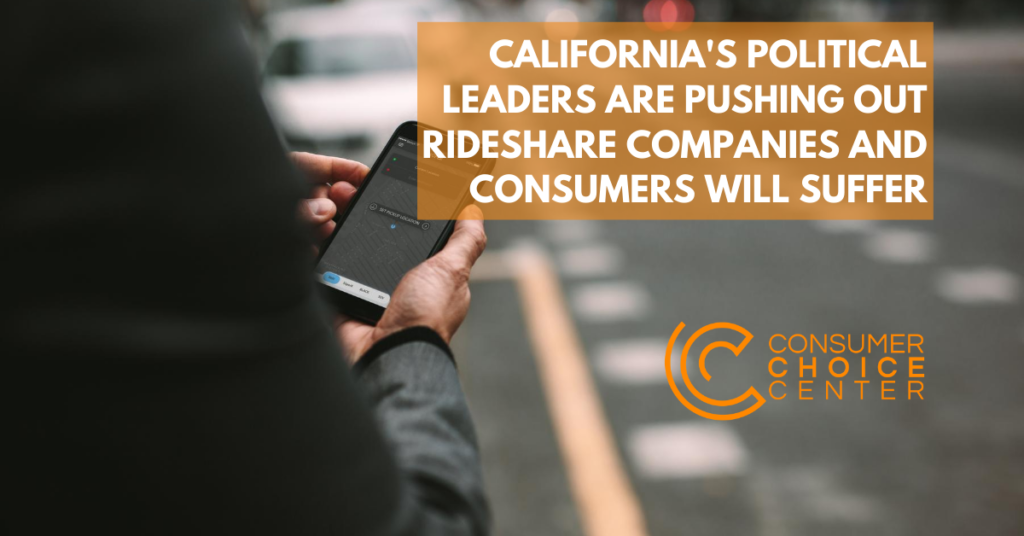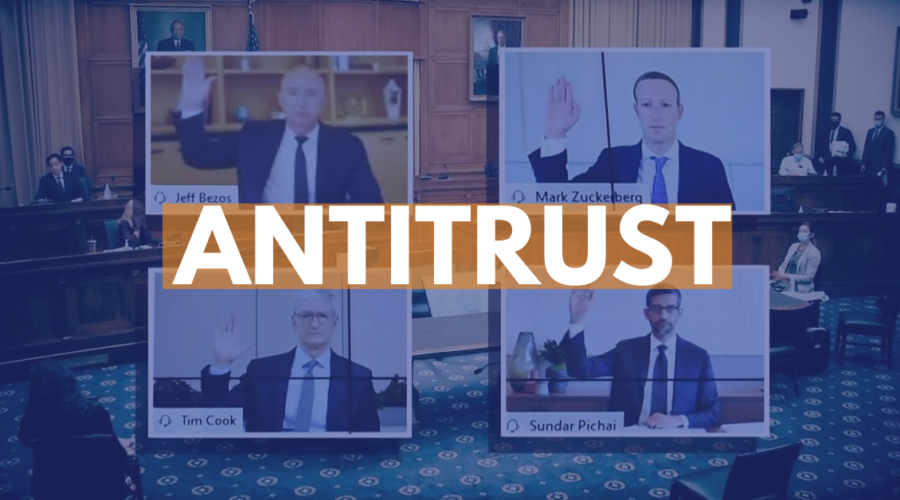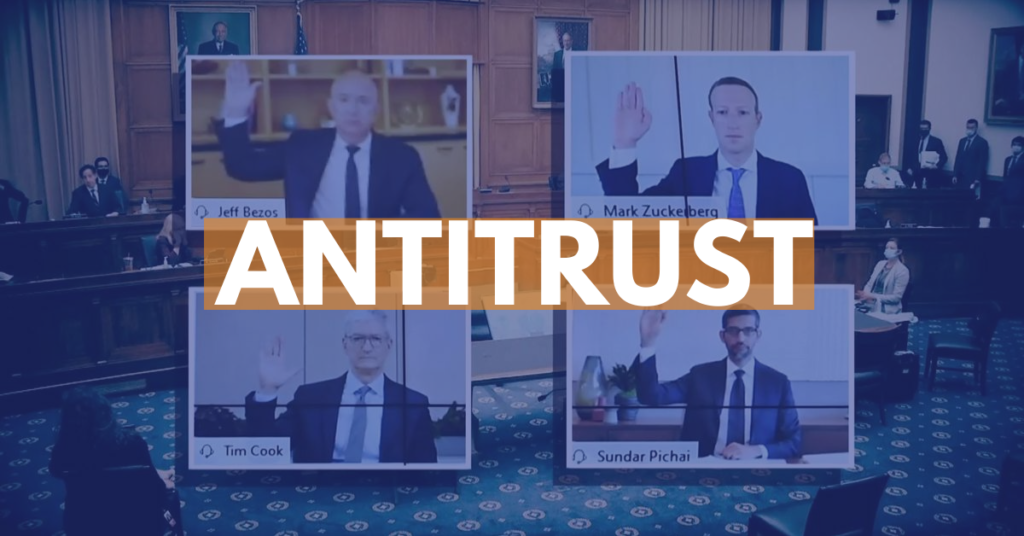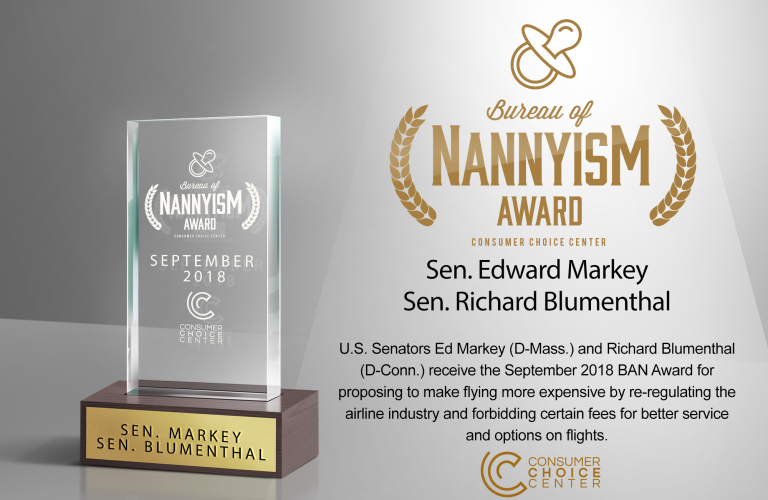California’s AB 286 is a hidden tax on consumers and small businesses. The legislature should vote NO
Our coalition of community organizations, minority-owned businesses, small businesses,
taxpayer advocates restaurants, merchants and app-based drivers strongly oppose Assembly
Bill 286. While AB 286 purports to help restaurants and merchants, the bill will result in
increased costs to consumers, reduced business and revenues for restaurants, and fewer
income-earning opportunities for drivers.
AB 286 is a hidden tax on consumers and small businesses and would hurt the very restaurants
it is intended to protect.
App-based delivery platforms connect restaurants, customers, and drivers. Fees are carefully
balanced to reflect the mutual benefits to each party: fees on restaurants help pay for marketing,
payment and insurance for drivers, customer service, and other services that help restaurants
gain customers and grow business. Fees on customers reflect the convenience and value of the
delivery service while also ensuring fair payment to drivers.
AB 286 would arbitrarily and permanently cap fees paid by restaurants and will force prices to
rise on consumers in order to ensure adequate revenues to provide app-based delivery
services. For instance, a 15% cap on a typical $20 food order is $3. That $3 is insufficient to
pay for the driver, insurance, marketing, credit card processing fees, customer support,
technology, and costs of operating the platform.
Because of this, in communities that have passed these arbitrary fee caps, consumer prices
have increased to compensate and ensure that app-based delivery remains viable. In cities that
have implemented these arbitrary fee caps, consumer costs have immediately gone up by $2-3
per order.
Higher prices are proven to reduce demand by as much as 30%, taking away customers and
business from restaurants that are struggling to stay afloat during these challenging times. AB
286 will be particularly harmful to small independent restaurants trying to compete with larger
chains that have their own marketing and even delivery services. Furthermore, while AB 286
purports to help restaurants struggling with the pandemic, it is permanent in nature and won’t
even go into effect until 2022.
And the higher prices also harm drivers working with app-based platforms, as reduced demand
for services means fewer work opportunities for drivers, less income for drivers and reduced
sales tax revenues for municipalities.
Finally, AB 286 is unnecessary. California recently passed legislation (AB 2149) that requires
app-based platforms to enter into a contract with every restaurant and merchant they list on
their app. As a result, every restaurant or merchant that utilizes app-based delivery services
has voluntarily entered into an agreement with full transparency into the terms, fees, and
benefits of partnering with these platforms.
We strongly urge you to vote No on AB 286. It hurts restaurants, customers, and app-based
drivers.
Sincerely,
Lily Rocha, President, Latino Restaurant Association
Julian Canete, President & CEO, California Hispanic Chambers of Commerce
Pat Fong Kushida, President & CEO, CalAsian Chamber of Commerce
Rev. KW Tulloss, President, Baptist Ministers’ Conference of Los Angeles and Southern California
Matt Regan, Senior Vice President, Bay Area Council
Cindy Roth, President & CEO, Greater Riverside Chambers of Commerce
Reuben Franco, President & CEO, Orange County Hispanic Chamber of Commerce
Elise Swanson, Chair, South Bay Association of Chambers of Commerce
Jessica Lall, President & CEO, Central City Association – Los Angeles
Yaël Ossowski, Deputy Director, Consumer Choice Center
Heidi L. Gallegos, President & CEO, Brea Chamber of Commerce
Leah Vukmir, VP of State Affairs, National Taxpayers Union
Moises Merino, President, Latino Leadership & Policy Forum
Ruben Guerra, President and Chair, Latin Business Association
Rev. Jonathan E. Moseley, Western Regional Director, National Action Network – Los Angeles
David Cruz, President, League of United Latin American Citizens Council 3288
Jay King, President & CEO, California Black Chamber of Commerce
Faith Bautista, CEO, National Diversity Coalition
Stuart Waldman, President, Valley Industry & Commerce Association (VICA)
Marc Ang, Founder/President, Asian Industry B2B
Peter Leroe-Muñoz, General Counsel, SVP, Tech & Innovation, Silicon Valley Leadership Group
Thomas Hudson, President, California Taxpayers Protection Committee
Adam Ruiz, Chair, Southwest California Legislative Council
Faith Bautista, President & CEO, National Asian American Coalition
Brandon M. Black, Director of Public Policy, Sacramento Metropolitan Chamber of Commerce
Thomas Hudson, President, Placer County Taxpayers Association
Dominik Knoll, CEO, Redondo Beach Chamber of Commerce
Cindy Spindle, CEO, Garden Grove Chamber of Commerce



